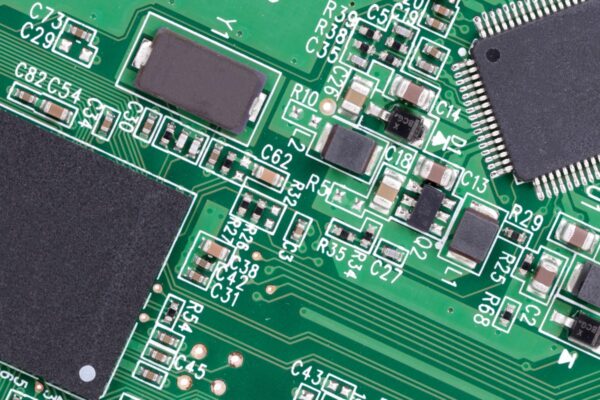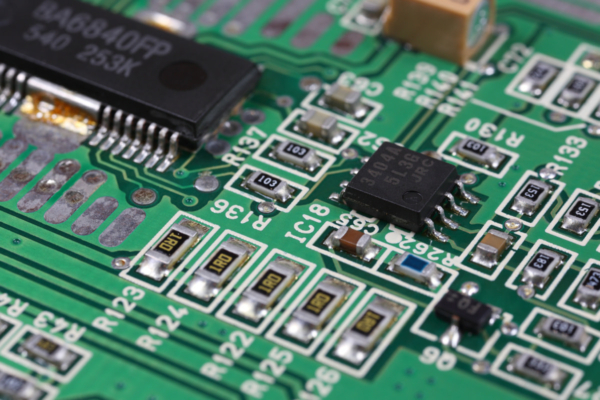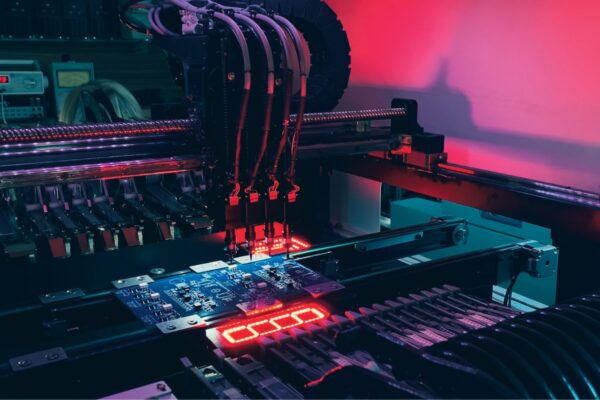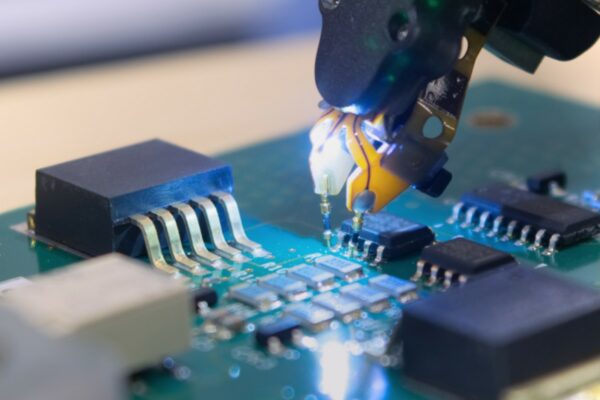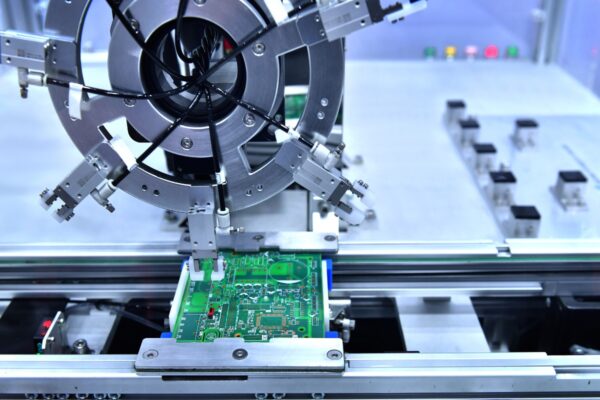What is IPC Classification
IPC classification categorizes PCBs into different classes based on their quality and usability. The IPC, or Association Connecting Electronics Industries, has established a classification system to define the specific requirements and standards for each class of PCB.
The IPC classification system consists of three major classes: Class 1, Class 2, and Class 3. These classes represent varying levels of performance, reliability, and quality requirements for different applications.
Class 1 PCBs are considered the lowest quality boards and have the least stringent requirements. They are typically used in applications where performance and reliability are not critical. Class 1 PCBs allow for a higher number of defects and are suitable for applications with basic functionality requirements and lower cost considerations.
Class 2 PCBs have higher quality standards compared to Class 1. They are used in applications where moderate performance and reliability are required. Class 2 PCBs have stricter requirements and allow for fewer defects compared to Class 1. They are suitable for applications where cost is a consideration but higher reliability is needed.
Class 3 PCBs are the highest quality standard and have the most stringent requirements. They are used in applications where high performance, reliability, and durability are critical. Class 3 PCBs have very low tolerance for defects and are manufactured to meet the most demanding standards. They are typically used in industries such as aerospace, medical, and military, where failure is not an option.
The IPC classification system not only defines the quality and performance requirements for each class but also specifies the types and acceptable number of defects. This helps manufacturers and designers understand the level of inspection and quality control measures required for different classes of PCBs.
